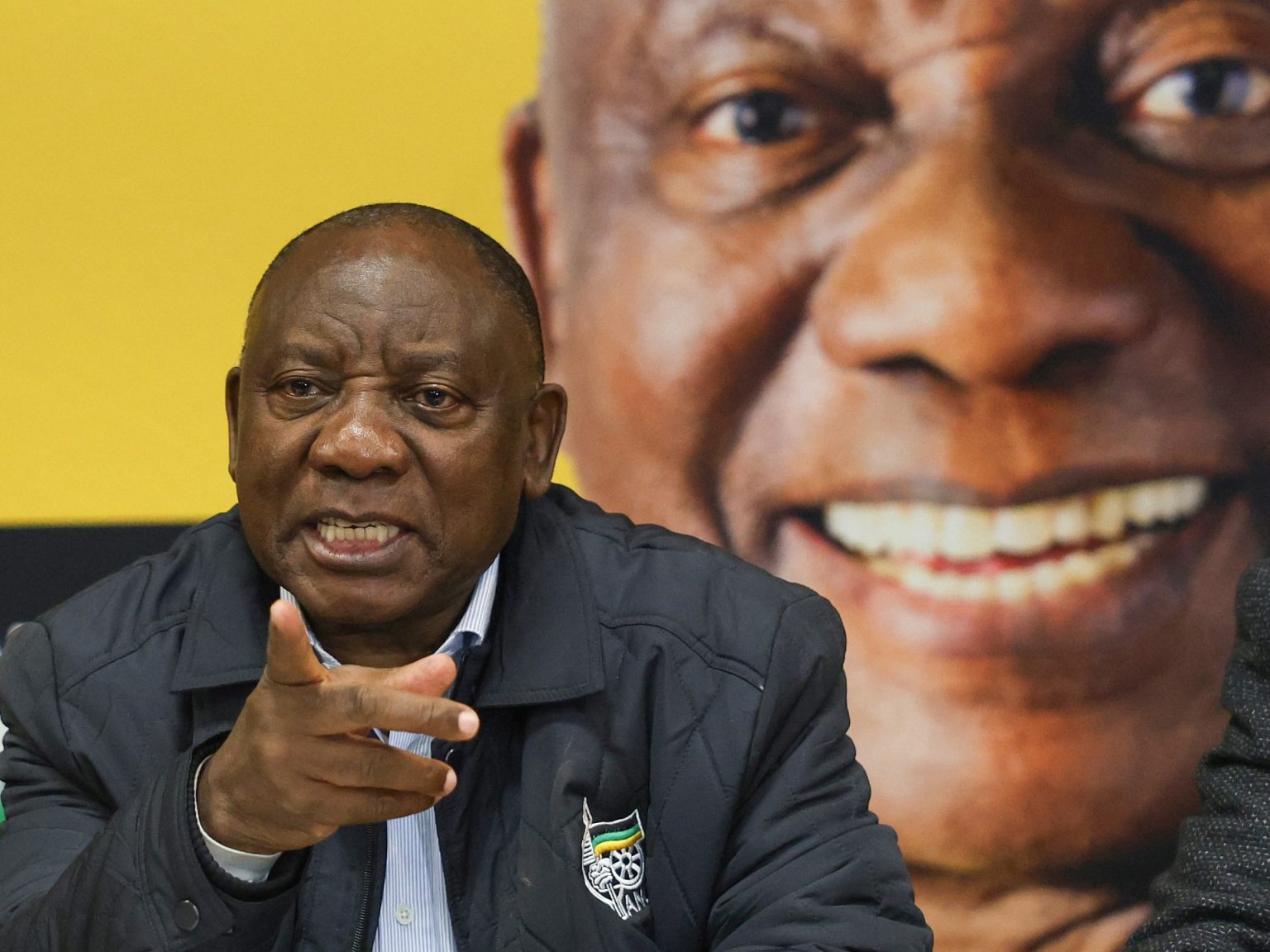In South Africa, the ruling African National Congress (ANC) is facing its toughest challenge yet after losing its majority in general elections. President Cyril Ramaphosa announced plans for a national unity government with major opposition parties, rather than forming a coalition with a single rival party, to avoid becoming too dependent. A national unity government seeks to include major political parties in the legislature to control different ministerial portfolios, especially in times of national emergency or crisis.
The African National Congress has until June 18 to negotiate the specifics of the national unity government. Key opposition parties that could potentially be part of the ruling coalition include the Democratic Alliance, uMKhonto we Sizwe, Economic Freedom Fighters, Inkatha Freedom Party, and the Patriotic Alliance. The DA, led by John Steenhuisen, campaigns on a platform to “rescue South Africa from the ANC,” while the EFF, led by Julius Malema, pushes for nationalization of mines and land redistribution. Other parties, such as the IFP and PA, also have specific policy priorities.
South Africa has previously had a national unity government under Nelson Mandela in the post-apartheid era, which lasted for three years. The ANC formed a coalition with other parties that had at least 10 percent of the vote in the 1994 election. However, the National Party eventually pulled out, citing a lack of consensus in the government. Similar efforts at forming national unity governments have been seen in countries like Kenya, Afghanistan, Lebanon, Myanmar, and Italy during times of crisis or disputed elections.
In Kenya, President Mwai Kibaki offered Raila Odinga a unity government coalition after disputed elections in 2007. In Afghanistan, Ashraf Ghani and Abdullah Abdullah formed a unity government after contested elections in 2014. Lebanon, a multireligious democracy, has had several national unity governments to navigate power-sharing agreements. In Myanmar, a National Unity Government was formed in exile after a coup in 2021. Italy faced a political crisis in 2021 over COVID-19 recovery and Mario Draghi formed a broad coalition cabinet with right-wing and left-leaning parties.
A national unity government in South Africa would aim to bring together major political parties to address the current challenges facing the country. By including a diverse range of voices in the legislature, the government can work towards unity and consensus in decision-making processes. This approach has been used in various countries facing crises or political deadlock, emphasizing the importance of collaboration and inclusivity in governance.


